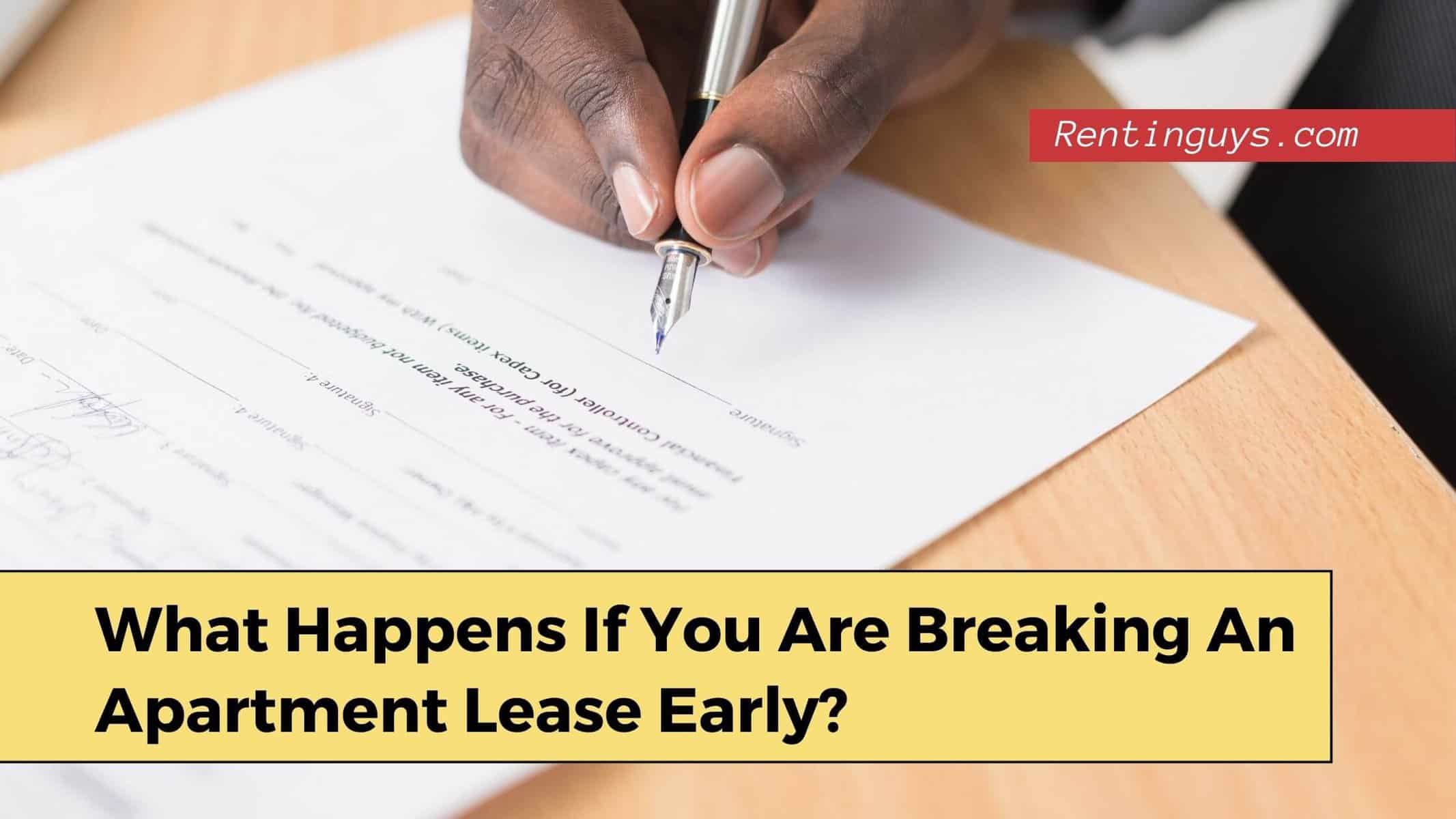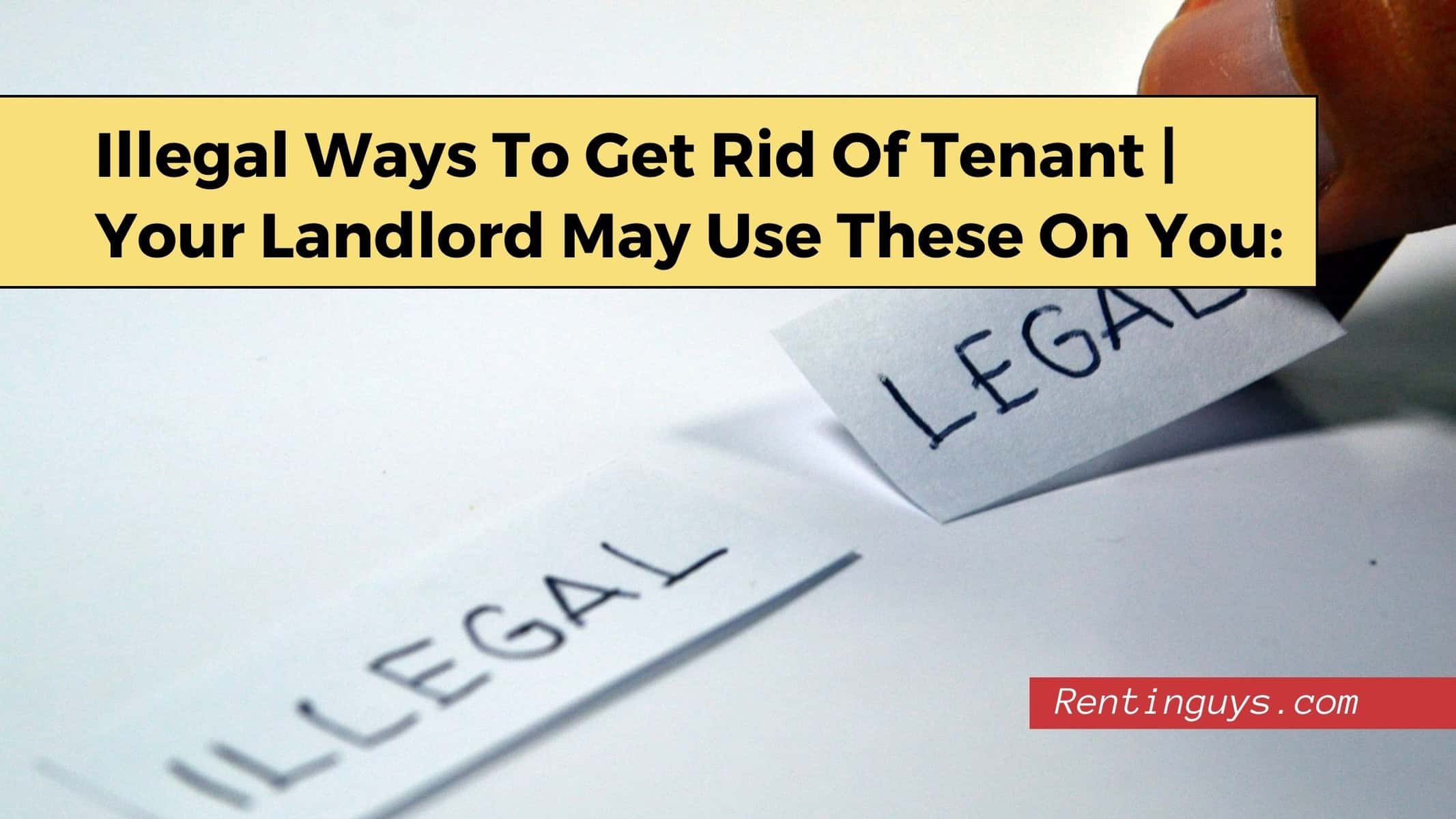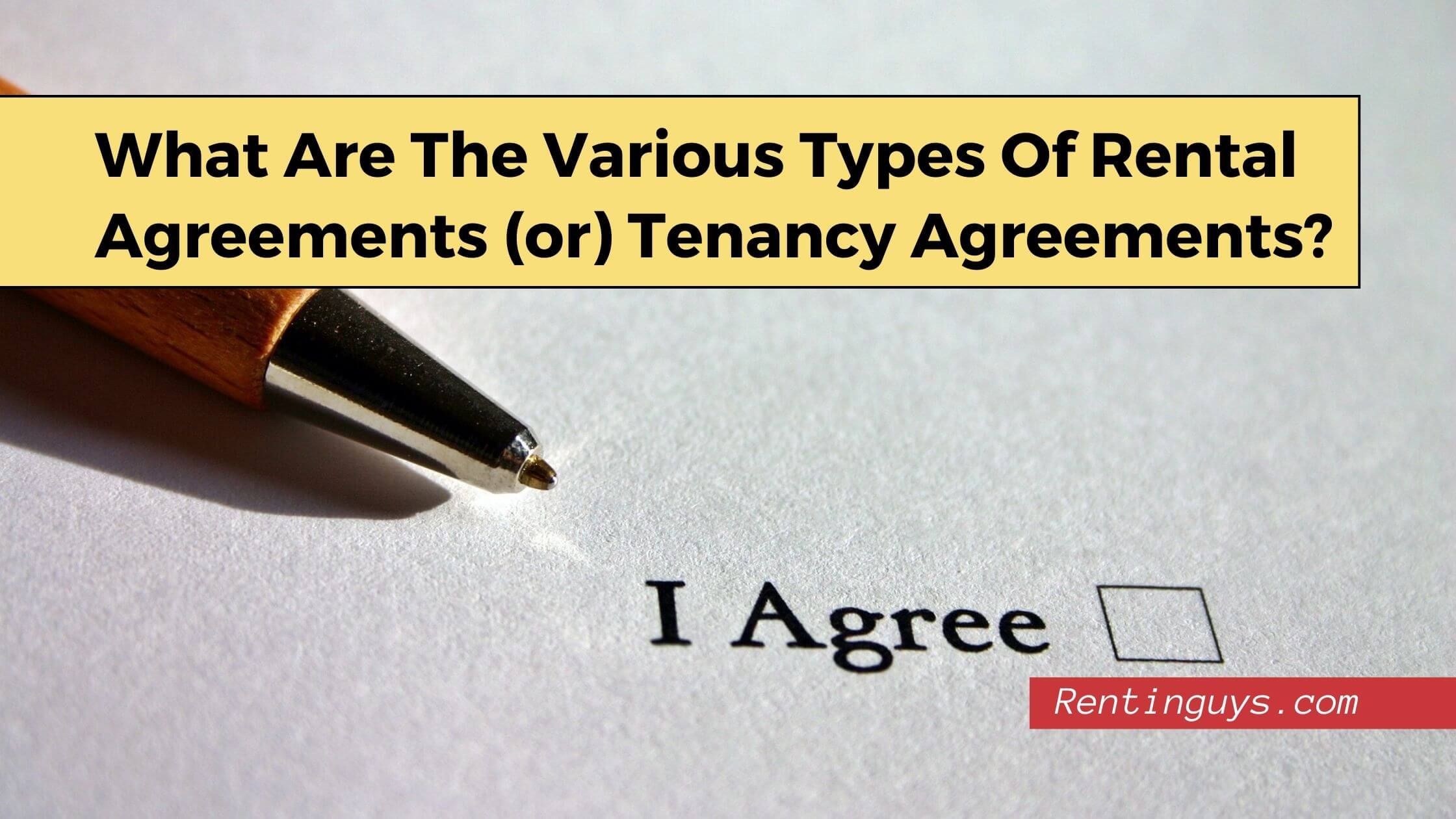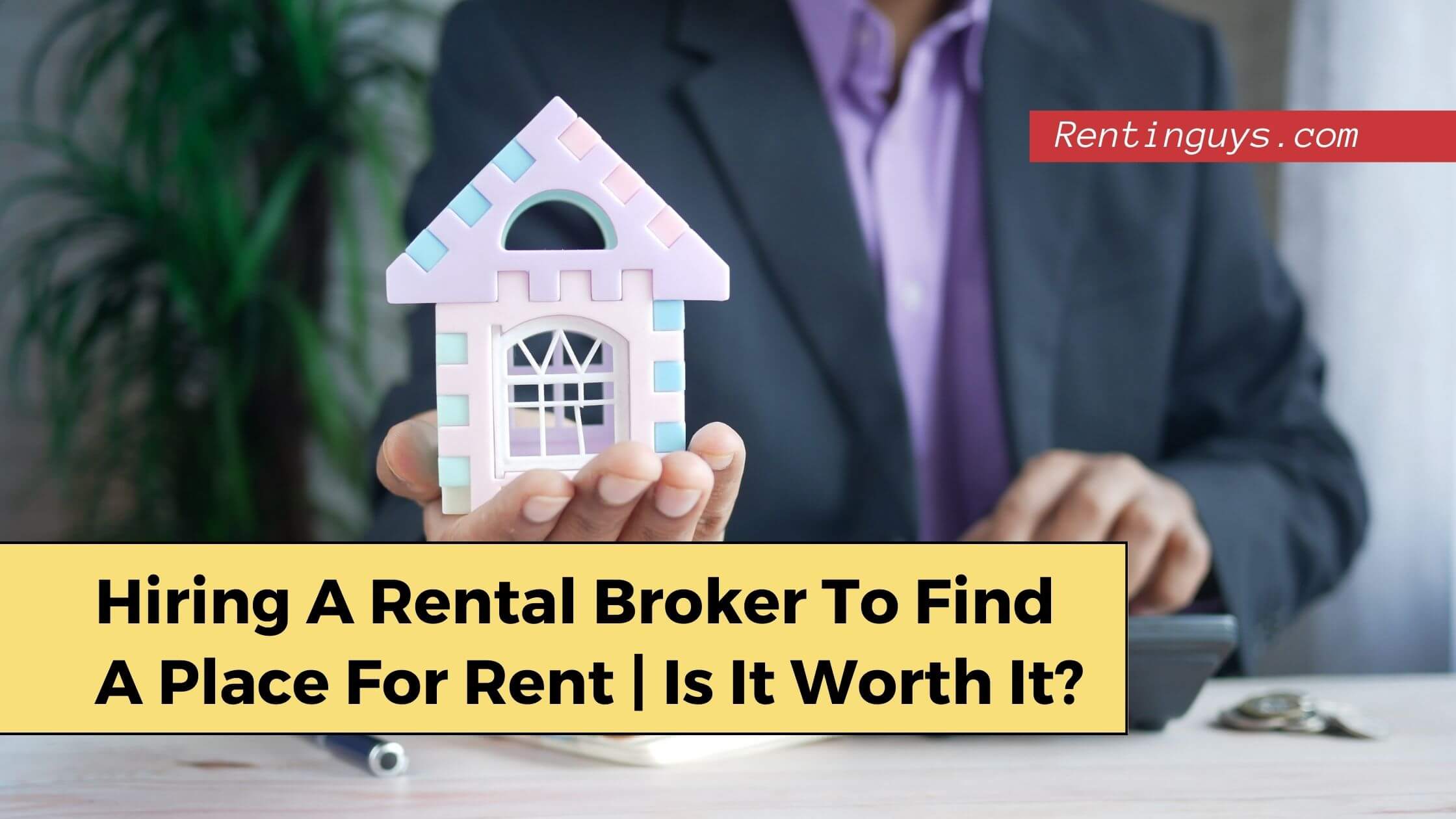An apartment lease or a rental lease is a written agreement between the landlord and the tenant.
It is valid for a fixed period of time ( generally, for one year) and contains detailed information about the rights and responsibilities of the tenant and the landlord.
Once the lease is signed, both parties have to follow all the rules mentioned in it.
After the end of the lease period, the tenant can move out of the property, or the landlord and the tenant can sign a new lease if both parties want to extend the rental agreement.
However, in certain circumstances, you may not be able to stay put in an apartment until the end of the lease, resulting in early termination of the lease agreement.
There are many reasons for renters wanting to come out of the lease. Some of them are problems with the landlord, relocation, personal issues, problems with neighbors, property repairs and maintenance, etc.
Whatever may be the reason for breaking an apartment lease, you might have to face some consequences.
What happens if you break an apartment lease early?
Breaking an apartment lease is a risky proposition. You may have to face financial loss, a lawsuit, and also lose your credibility as a tenant.
While some landlords are understanding and will let you go without any penalties, others will make you pay for breaking the lease.
The consequences you may have to face for terminating the lease depend on your reasons for doing so and the way you do it.
If you follow the rules mentioned in the lease for early termination and have good relations with the landlord, you may be able to easily get out of the lease but if you vacate the property and stop paying the rent abruptly, be prepared to face some strict action.
Consequences of breaking the lease
1. You must be prepared to pay hefty fees:
The landlord is in the business of renting houses to earn income. When you sign the rental lease, you are agreeing to stay in the house for a fixed period of time and pay rent for that period. The lease document will lay down the penalty clause for breaking the agreement.
The fine for breaking an apartment lease can be –
- Rent for one or two months
- Rent for the entire remaining lease term
- Rent until the landlord finds another tenant for the property
- Sometimes the landlord can also refuse to return the security deposit as a penalty for breaking the lease.
- The landlords may also charge the expenses for cleaning and repairing the apartment and advertising the property.
2. The landlord can sue you:
If you have a litigious landlord, be prepared to be sued for breaking the apartment lease.
While it is very rare to be sued for breaking the lease, particularly if you are a responsible and good tenant, the landlord has every right to do so.
If you wish to avoid getting sued, follow the rules mentioned in the lease document. For example, if the lease says that you will have to pay some fine to break the lease, do it.
Abide by the clauses of the agreement and be amicable with the landlord to avoid getting involved in a lawsuit while breaking a lease.
3. Your credit score will be affected:
Though breaking a lease does not directly affect your credit score, shirking financial responsibilities for doing so, will surely get you a lower score.
The credit score is a part of your financial identity and is required for every financial transaction such as buying a car, applying for a loan, or renting a house.
If you refuse to pay the fines for breaking the lease, the landlord can take you to a small claims court or hire a collection agency to collect the debt.
Both these scenarios will impact your credit score and make it difficult for you to get new loans or rental contracts as landlords conduct a credit history check before renting the property.
4. Renting your next home will become tougher:
Every landlord wants a responsible and trustworthy tenant, who will stay put in the property for a long tenure. They conduct background checks and credit history checks to ensure that they get a good tenant.
A history of breaking a rental lease will raise a red flag for most landlords, especially if the previous owner has sued you or you have unpaid liabilities.
To avoid trouble in renting your next home, it is advisable, to be honest with the future landlord.
If you have valid reasons for terminating the lease early, explain the reasons to the landlord and show them that you have followed the due process mentioned in the agreement.
What is the average cost to break an apartment lease?
The cost of breaking an apartment lease depends on the terms of the agreement. The average cost of breaking a lease may be a couple of months’ rent plus a part of or full amount of the security deposit.
The cost depends on factors such as the reason for early termination, time remaining on the lease, applicable housing laws in your state, and the terms mentioned in the lease document.
Working out an alternative arrangement with the landlord is the best way to reduce the costs of early termination of the apartment lease.
Legal reasons to break a lease
Though the state housing laws have different provisions, there are some common reasons that permit the tenant to terminate the lease early.
If you are facing any of these scenarios, you can break the apartment lease without any legal consequences.
The landlord does not maintain the property
According to the housing laws, the landlord must maintain the property to make it habitable for the renters. The landlord must ensure that
- There is a continuous supply of running water
- There are proper heating and cooling arrangements
- The property adheres to all the safety and health standards
- There are no repairs that may affect the lifestyle of the tenant
- The common areas are clean and hygienic
- There are proper waste disposal mechanisms
If the landlord fails to maintain these conditions, the tenant can make a complaint to the landlord and break the lease if the landlord does not take the necessary action.
The apartment is illegal
If the apartment or house is itself illegal according to the state laws, you can break the lease without any legal consequences.
The definition of illegal apartments changes from one state to another. However, the general definition includes a building that is used for other purposes other than that mentioned in the permit.
For example, a commercial property cannot be rented out as a residential apartment. Cellars, basements, attics, etc. cannot be rented out as they are not classified as residential units in some states.
The apartment suffers serious damage
Tenants are allowed to break the lease without penalty when the property suffers serious damages due to reasons beyond their control and has become uninhabitable.
Some of the reasons that can destroy a property include natural disasters such as earthquakes, floods, and storms, and criminal acts such as arson.
You are on active military duty
Being in military service provides you with an option for early termination of an apartment lease. However, you must give at least one month’s notice to the landlord along with proof of the official orders to terminate the apartment lease without any consequences.
The landlord enters the property illegally
According to the housing laws, the tenants are entitled to their privacy. The landlord cannot enter the property without permission from the renters.
The landlord should provide a notice at least 24 hours in advance to legally enter the property.
The landlord can enter the property with proper consent from the tenant to conduct repairs, inspect the property, or show the property to prospective renters or buyers.
However, if the landlord repeatedly enters the property without notice, the tenant can have legal grounds to terminate the lease.
Accidents and health emergencies
The law permits tenants to break the lease, in case of unexpected health emergencies. If you have faced a serious illness or injury that makes you incapable of living alone or makes it necessary to move into rehab, the landlord must allow you to leave the property.
However, you may have to provide advance notice along with a letter from your doctor or the court.
Sexual assault, domestic violence, harassment, and stalking
Many states permit victims of sexual assault, domestic violence, harassment, or stalking to terminate the lease and vacate the property.
However, the tenant must send notice within the prescribed time frame after the incident. The time frame may vary from state to state and is up to 90 days in many states.
The tenant must inform the landlord that there is a threat of the incident happening again and must send the notice along with documents that prove the allegations. The documents include court orders, police reports, medical records, video recordings, etc.
How to break an apartment lease early and legally without penalty?
Early termination of the lease will involve paying penalties and the risk of a lawsuit in many cases. However, you can break an apartment lease early and legally without a penalty in these ways.
1. Negotiate with the landlord:
If you are a good tenant otherwise and have valid reasons to break the lease, the first thing you should do is to negotiate with the landlord.
You can explain the situation clearly and offer to find a replacement as soon as possible. You can also offer to help in the unit maintenance and repairs if they let you break the lease without any penalties.
2. Find a new tenant:
Find a new tenant to replace you to eliminate financial losses for the landlord. Most landlords will let go of lease breakage charges if you offer to get a reliable and good tenant.
3. Transfer the lease:
If the agreement permits the transfer of lease, find a new tenant and transfer the lease to walk away from the lease without any responsibilities.
However, you have to provide sufficient notice to the landlord before transferring the lease. The landlord has the right to decline the transfer even if it is permitted in the agreement.
4. Follow the terms in the lease:
Some flexible lease agreements allow tenants to terminate the lease early without any penalties if they provide sufficient notice to the landlord.
It is crucial to closely go through the terms in the lease and follow the procedure to avoid legal troubles and penalties.
Early termination of an apartment lease is a tricky proposition that may land you in financial troubles, lawsuits, and a blot on your credit history.
It is important to go through the fine print in the lease document before signing it. If the lease does not have an early termination clause, speak to the owner and get one in place.
Follow the terms in the lease when you have to break the lease and negotiate with the owner cordially to avoid or reduce the penalties of breaking the lease.






